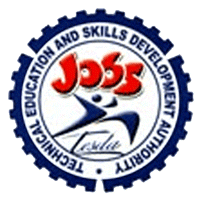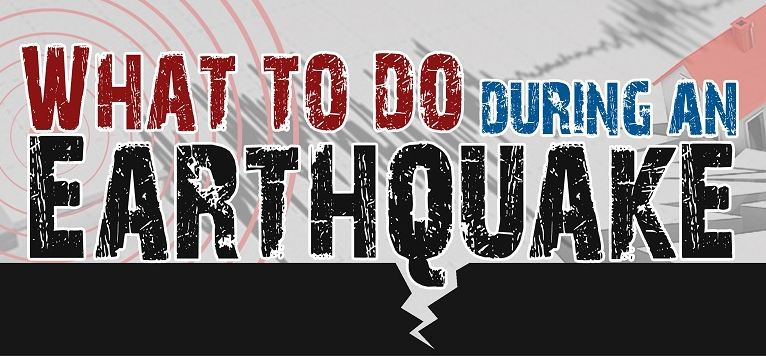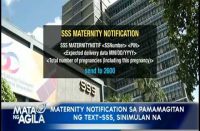 TAGUIG CITY, AUG. 12 (PIA)–The Technical Education and Skills Development Authority (TESDA) recently introduced training courses on Garbage Collection NC I and Sanitary Landfill Operations NC III.
TAGUIG CITY, AUG. 12 (PIA)–The Technical Education and Skills Development Authority (TESDA) recently introduced training courses on Garbage Collection NC I and Sanitary Landfill Operations NC III.
The TESDA Board approved the two training courses in June this year and will be offered in select technical vocational institutions soon
“Garbage collectors have to deal hands-on with our daily trash. In this thankless job, they make sure wastes get removed from our homes and taken to the landfill,” TESDA Director General Joel Villanueva said.
“We want to make the job dignified by making it a full-pledged occupation,” he added.
Villanueva said that with the proper training, garbage collectors will learn the proper and safe handling and disposal of wastes, which will help ease the impact of garbage on the environment.
“Concerns relating to environmental protection and sustainability have led to more emphasis in the area of solid waste management,” he said.
The Ecological Solid Waste Management Act of 2000 calls for, among others, skills development along the various areas of collection, transport and dumping of garbage particularly municipal or city waste.
The training regulations for Garbage Collection NC I cover competencies relating to the collection, transport and dumping of garbage, particularly municipal or city wastes.
A person who will finish the training is competent to be a palero or garbage collector.
The course will include training on sorting and removing unnecessary items; arranging the items; implementing mitigation measures to eliminate environmental risks and hazards in the workplace; maintaining work area, tools and equipment; and, learning the proper use of gloves, masks, boots or safety shoes, raincoats, safety goggles and reflectorized vest.
After finishing the course, the graduate who has passed the assessment and has been certified will be called a sanitary landfill facility site foreman.
Among the areas to be learned in the course are on monitoring leachate production; monitoring parking and cleaning of equipment; checking dumped wastes; and overseeing the clean-up of litter site. (TESDA/RJB/SDL/PIA-NCR)







